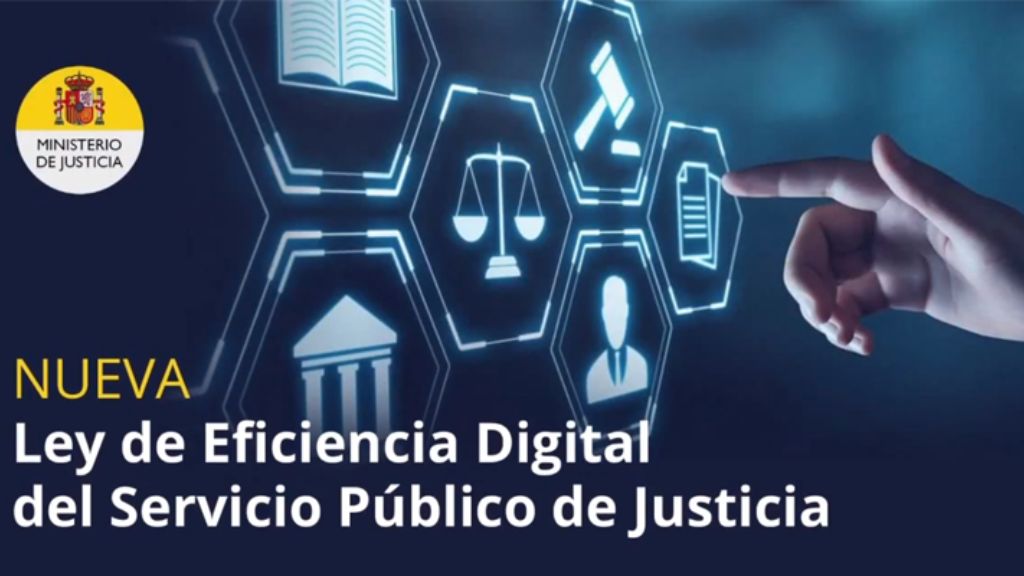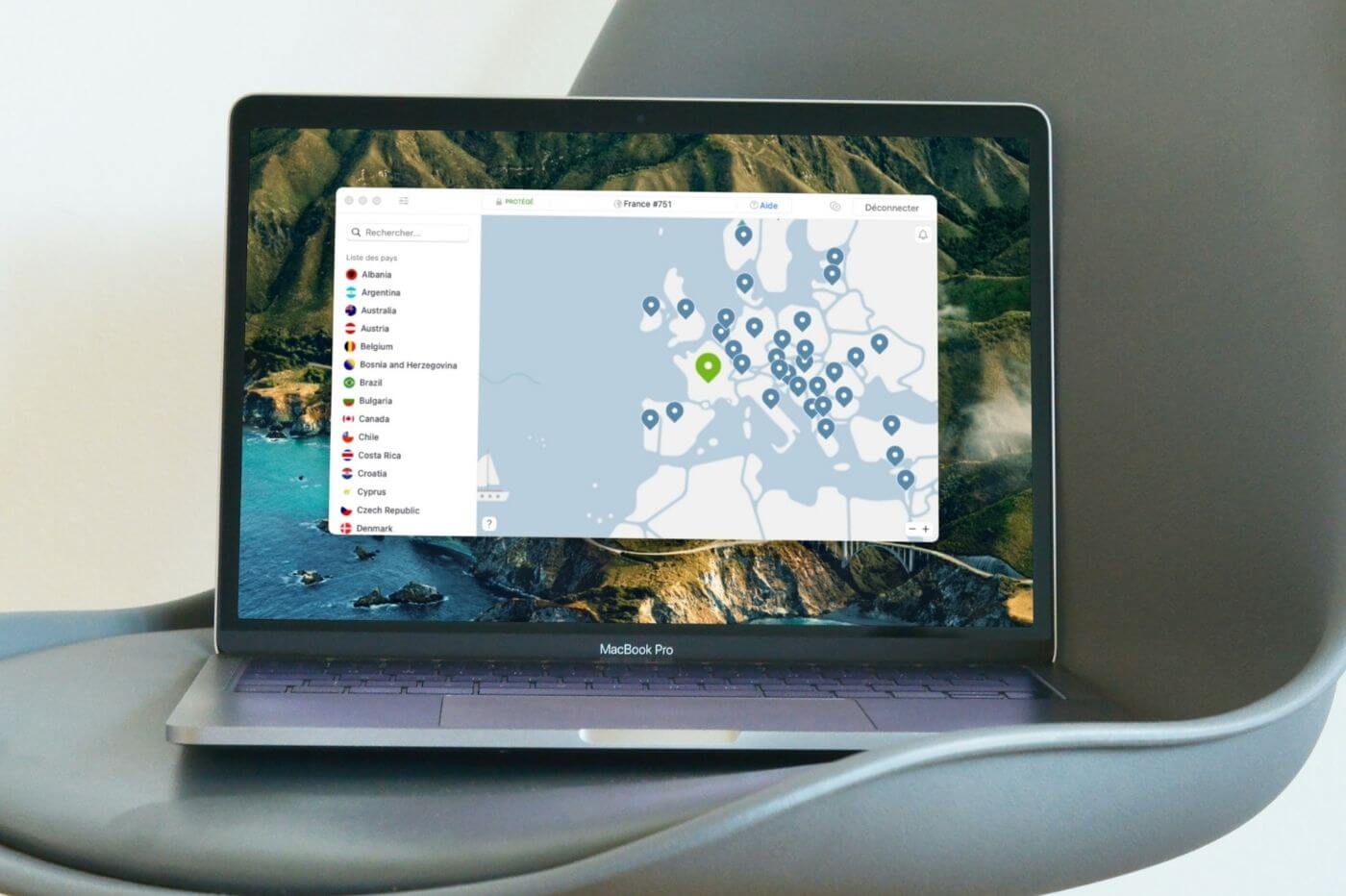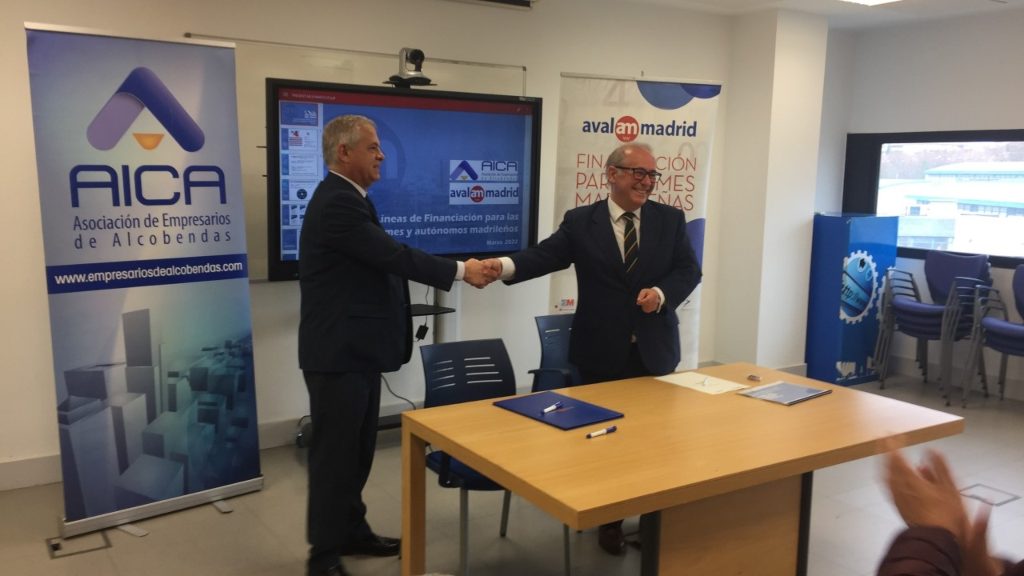
In order to establish a legal framework that facilitates and promotes digitization, the Council of Ministers recently approved the Draft Law on Digital Efficiency of the Public Justice Service. Thanks to this document, digital justice services in Spain they will be more accessible to citizens, also reinforcing legal security in the digital field.
In order to achieve the objectives that are expected to be established, and also in line with the 2030 Agenda, the ministry has already begun to work on its technological reform. Among the measures adopted is the implementation of EVID, a virtual desktop of digital immediacy specifically adapted for the institution by Councilbox, a Galician firm specialized in legal technology solutions.
The EVID platform allows the ministry to offer virtual and personalized attention to the citizen through a secure videoconference. All this before a draft law that recognizes “The right of citizens to a personalized service of access to procedures, information and services” and which promises to guarantee “the provision of notarial and registry services without the need for physical presence”, among other points.
According to Javier Polo, CEO of Councilbox, “This technological reform focuses on citizens, establishing the commitment in matters of Justice to guarantee the provision of a quality public service to the citizen, making use of digital media.” In addition, he adds that “currently and thanks to EVID, whoever wishes can already request an appointment, send and sign documentation and be attended electronically and in a personalized way, through a secure videoconference with the highest quality standards”.
Through EVID it is possible to carry out the usual procedures of a citizen service office, with a procedure that goes from the moment of booking an appointment until the generation of the minutes, including sending information or signing documents. This offers important advantages, such as the record of evidence of the management carried out and of the information provided, a traceability of the process that does not exist in face-to-face care. Among the procedures that the platform already allows citizens to carry out are, among others, the certificate of criminal records or last wills.
Full guarantees in safe environments
The draft Law on Digital Efficiency of the public justice service also aims to reinforce the digital legal security in non-face-to-face actions and services. Precisely, the Ministry of Justice is already working on this point with the EVID service.
Specifically, all the processes carried out through the virtual desktop of digital immediacy are stored in blockchain, a technology that guarantees the security of the data and the immutability of the evidence, which provides complete legal support. “Thanks to the use of our tool, the Spanish justice is at the forefront of the use of information technologies, promoting the transformation of justice towards a public, close and effective service”, clarifies Javier Polo.
In addition to contributing to compliance with the future Law of Digital Efficiency of the public justice service, the implementation of the Councilbox tool is simple and has not required any investment in infrastructure, networks, additional software or security, and can be integrated with digital certificates of Identification as electronic DNI or FNMT certificate.
Added to this is the saving of time and resources for both the administration and the citizen. For both parties, the only requirement is to have a device connected to the internet. Likewise, the platform can be extrapolated to other public institutions, adjusting to the specific demands of each one of them to provide virtual, practical, safe and legally backed citizen service.



